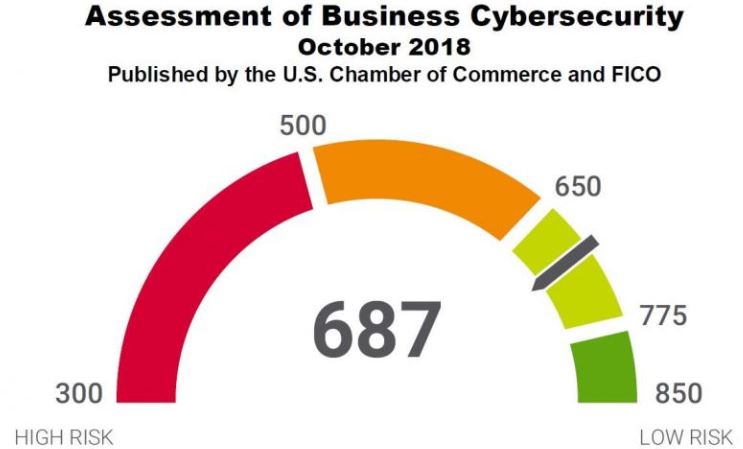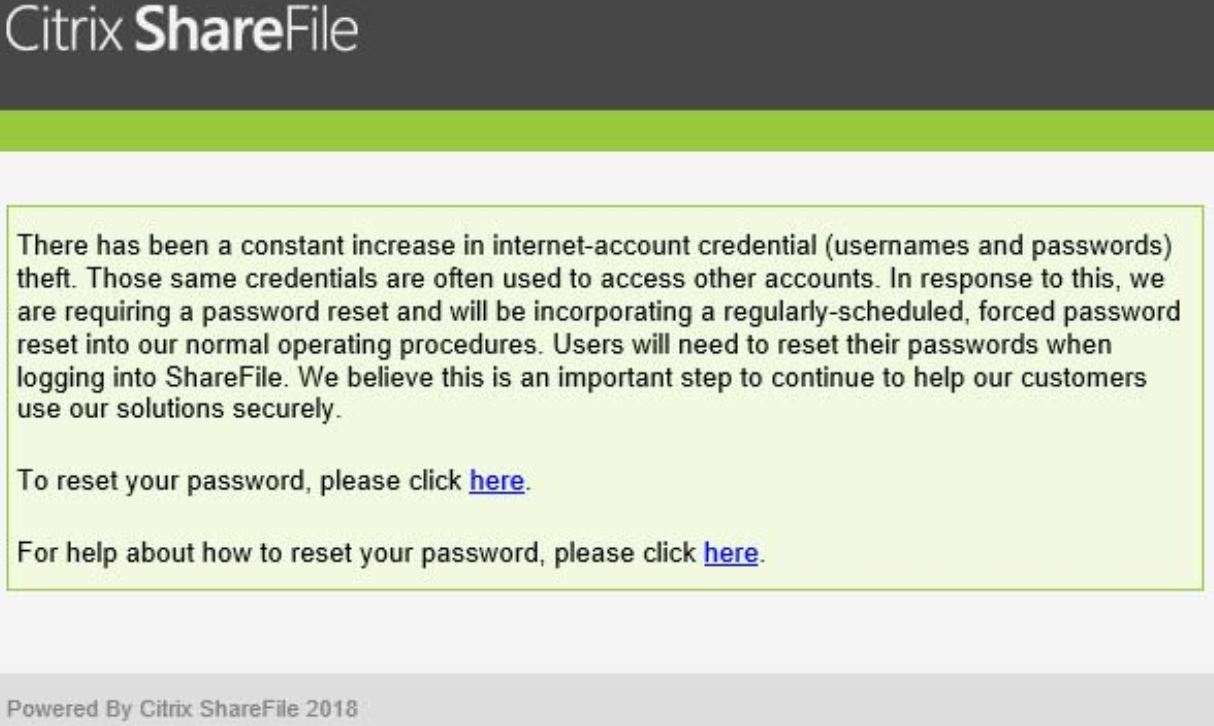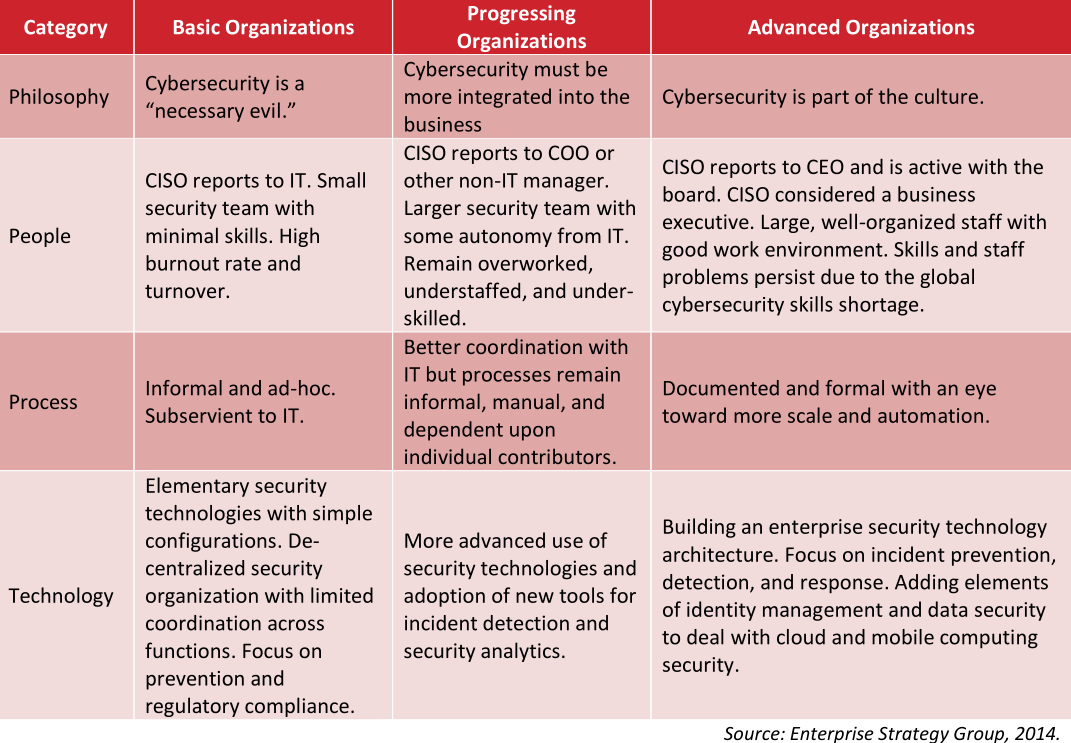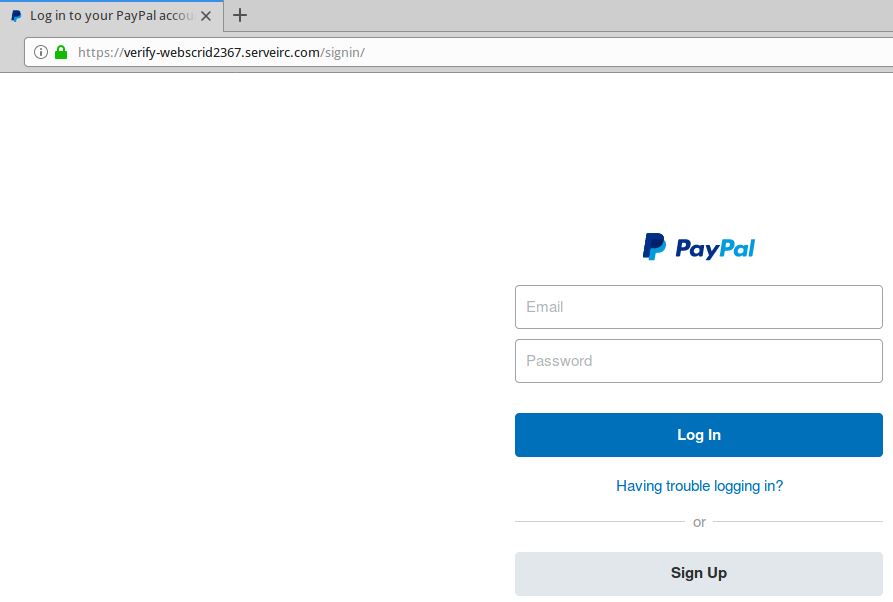A Chief Security Concern for Executive Teams

Credit to Author: BrianKrebs| Date: Tue, 18 Dec 2018 21:23:10 +0000
Virtually all companies like to say they take their customers’ privacy and security seriously, make it a top priority, blah blah. But you’d be forgiven if you couldn’t tell this by studying the executive leadership page of each company’s Web site. That’s because very few of the world’s biggest companies list any security executives in their highest ranks. Even among top tech firms, less than half list a chief technology officer (CTO). This post explores some reasons why this is the case, and why it can’t change fast enough. KrebsOnSecurity reviewed the Web sites for the global top 100 companies by market value, and found just five percent of top 100 firms listed a chief information security officer (CISO) or chief security officer (CSO). Only a little more than a third even listed a CTO in their executive leadership pages.
Read More




